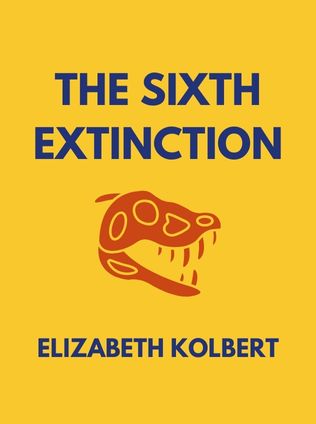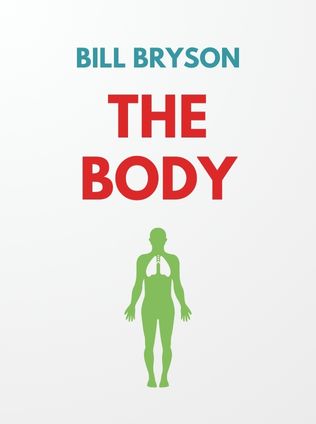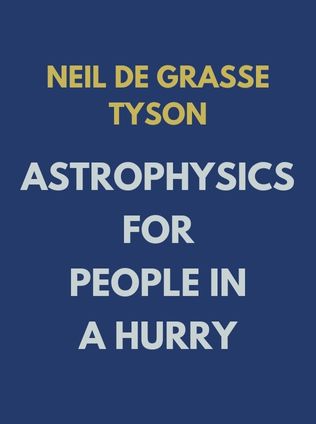
The Sixth Extinction
An Unnatural History
By Elizabeth Kolbert
Published 02/2014
About the Author
Elizabeth Kolbert is an esteemed journalist and author renowned for her insightful explorations of environmental science and human impact on the planet. With a keen ability to distill complex scientific concepts into engaging narratives, Kolbert has become a vital voice in the discourse on climate change and biodiversity. Her work, particularly in "The Sixth Extinction," exemplifies her commitment to raising awareness about the environmental crises facing our world. As a long-time staff writer for The New Yorker, Kolbert has reported extensively on topics related to science and the environment, earning her numerous accolades, including the Pulitzer Prize for General Nonfiction in 2015 for "The Sixth Extinction."
Main Idea
"The Sixth Extinction" by Elizabeth Kolbert presents a compelling argument that humanity is currently driving a mass extinction event on par with the five previous cataclysmic events in Earth's history. Through a blend of scientific research, fieldwork, and historical analysis, Kolbert illustrates how human activities—ranging from the destruction of habitats to the alteration of the atmosphere—are accelerating the extinction of countless species. This "sixth extinction," as Kolbert terms it, is a direct consequence of our unprecedented impact on the planet, and it threatens not only the biodiversity of the Earth but also the survival of humanity itself. Kolbert's work serves as a clarion call, urging us to recognize and address the environmental havoc we are wreaking before it is too late.
Table of Contents
- Introduction: The Sixth Extinction
- The Big Five: A History of Mass Extinctions
- The Rise of Humanity: From Hunter-Gatherers to Planet Shapers
- Amphibians and the Anthropocene: Signs of Trouble
- Ocean Acidification: The Other CO2 Problem
- Habitat Destruction: Fragmentation and Its Consequences
- Invasive Species: Unintended Consequences
- The Future: What Lies Ahead for Life on Earth?
- Conclusion: The Legacy of the Sixth Extinction
Introduction: The Sixth Extinction
Kolbert begins her exploration by setting the stage for the concept of the "sixth extinction." She introduces the reader to the idea that the Earth has experienced five major extinction events over its long history, each of which drastically reduced the planet's biodiversity. What makes the current extinction event, the "sixth extinction," particularly alarming is that it is being driven not by natural phenomena, but by the actions of a single species: humans.
Kolbert writes, "The history of life consists of long periods of boredom interrupted occasionally by panic" (Kolbert). This quote captures the essence of the book's central theme—that after millions of years of relative stability, humanity has introduced a period of rapid and unprecedented change. This change is not limited to one particular region or type of species but is affecting life across the globe in ways that are often unpredictable and irreversible.
The Big Five: A History of Mass Extinctions
To understand the significance of the current extinction event, Kolbert delves into the history of the Earth's "Big Five" mass extinctions. Each of these events—ranging from the End Ordovician to the End Cretaceous—had profound effects on the planet's biodiversity, wiping out a significant percentage of species in a relatively short period.
Kolbert emphasizes that these extinctions were caused by a variety of natural factors, including drastic changes in climate, volcanic activity, and asteroid impacts. For example, the End Permian extinction, which occurred around 251 million years ago, is believed to have been triggered by massive volcanic eruptions that released large amounts of carbon dioxide into the atmosphere, leading to global warming and ocean acidification—parallels that are eerily similar to the conditions we are creating today.
Sign up for FREE and get access to 1,400+ books summaries.
You May Also Like
Factfulness
Ten Reasons We're Wrong About the World – and Why Things Are Better Than You Think
By Hans Rosling



















